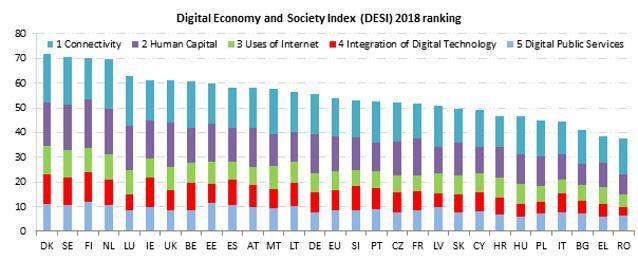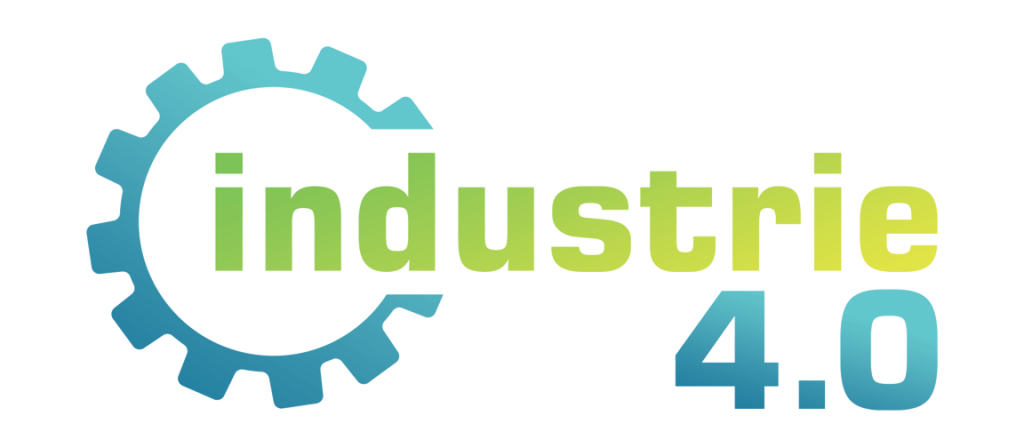On 18 May of this year, the European Commission published the Digital Economy and Society Index (DESI) 2018, according to which Lithuania ranks 13th out of EU-28. According to the results of DESI, Estonia ranks 9 and Latvia —19 this year.
According to the data published, the pace of Lithuania’s progress last year was equal to that of the EU. Lithuania performed particularly well in the areas of the availability of connectivity and digital technology integration. Moreover, based on the DESI data, Lithuania achieved better results in the area of human capital compared with the last year; we are still below the EU average nevertheless. The main reasons for that include a continuously decreasing share of science, technology, engineering and mathematics (STEM) graduates and a growing but still relatively small share of ICT specialists among all employed individuals. It should be pointed out that human capital is the only area in which we are lagging behind the EU average and rank 19th out of EU-28.
In the field of digital technology integration by businesses, Lithuania continues to perform well-above the EU average — we rank 9th out of EU-28 and the country’s performance in this area is steadily improving. The National Industrial Competitiveness Commission, established in 2017 and responsible for the implementation coordination of the industry digitalisation initiative Industry 4.0, the national R&D programme ‘Intellect. Joint science-business projects’ and other instruments implemented at national level contribute to a better integration of digital technology in Lithuania. Moreover, the Strategic Action Plan for the Implementation of Industry Digitalisation in Lithuania is an important achievement of 2018.
The Digital Economy and Society Index annually published by the European Commission is aimed to assess the progress of the EU Member States towards developing a digital economy and society. It also helps EU Member States identify areas which require priority investment and action. The results of the Member States in five key areas — the availability of connectivity, human capital, the use of Internet, the integration of digital technology and digital public services — are monitored using the index. The 2018 index results show that the EU continues to improve in the field of digitalisation but the progress level is however insufficient to catch up with global leaders and to reduce differences between the Member States. European Commission Vice-President Andrus Ansip responsible for the Digital Single Market says that to achieve faster progress it is necessary to invest more in digitisation and accelerate the completion of the digital single market.
Total DESI results of 2018 are available here.



